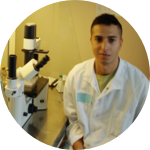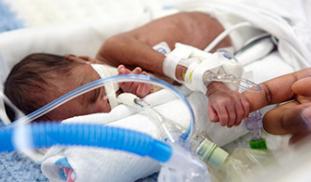Please wait...
About This Project
Necrotizing enterocolitis is a severe inflammatory gastrointestinal disease and is the leading cause of morbidity and mortality (30-50%) in preterm neonates. An altered newborn's gut microbiota plays a major role in this condition. We hypothesize that secreted factors from one probiotic, Bifidobacterium infantis, could exert anti-inflammatory effects in the newborn's intestine. These observations might lead to ways to prevent excessive intestinal inflammation causing necrotizing enterocolitis.

Browse Other Projects on Experiment
Related Projects
Disrupting cancer cell signaling through drug discovery
Most cancer-related deaths are caused by metastasis, the spread of cancer cells to distant tissues. This...
CaniSense– AI-powered blood test for early cancer detection in dogs
Cancer is the leading cause of death in dogs, yet no reliable methods for early screening exist. At testblu...
Shutting down cancer’s recycling system with exosome-based therapy
Pancreatic cancer is one of the deadliest cancers because its cells survive by recycling their own components...


